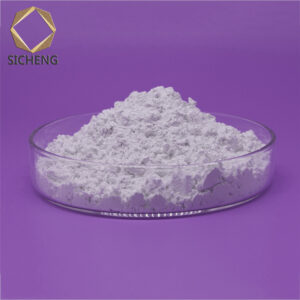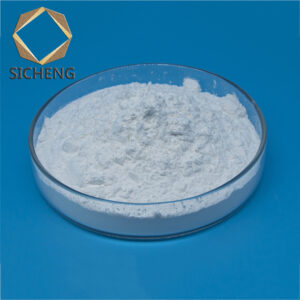If a whetstone is needed to repair high-hardness items, white corundum is recommended; if a whetstone is needed for daily maintenance of household kitchen knives, silicon carbide can be used.
1. White corundum
1. Features
White corundum is a synthetic material with a high hardness (9.5), so it can be used to repair high-hardness items, such as ceramics, diamonds, glass and other items. The surface of white corundum is generally delicate, so it can make the knives sharper and last longer.
2. Advantages and disadvantages
White corundum has a very high hardness, so it is very effective in repairing knives and is also very durable. However, white corundum is relatively expensive and requires a relatively long time to run in before it can be used. You also need to pay attention to the angle and method of use when using it, otherwise it will cause damage to the knife.
2. Silicon carbide
1. Features
Silicon carbide, also known as silicon-carbon sand, has a hardness of 9.2, which is slightly lower than white corundum, but it is also enough for daily household knife maintenance. The surface of silicon carbide is slightly rougher than white corundum, but it can still sharpen the blade.
2. Advantages and Disadvantages
Silicon carbide is cheap and easy to grind, suitable for home use. At the same time, the abrasive grain size of silicon carbide is relatively large, so it will grind away more tool material, and you need to pay a little attention to the force and angle.
3. Conclusion
Whether to choose white corundum or silicon carbide depends on your needs and budget. If you need a whetstone to repair high-hardness items, white corundum is recommended; if you need a whetstone for daily maintenance of home kitchen knives, you can use silicon carbide. When choosing, you also need to choose a whetstone that suits you based on your own experience and skills.
SEARCH
PRODUCT LIST
Menu


